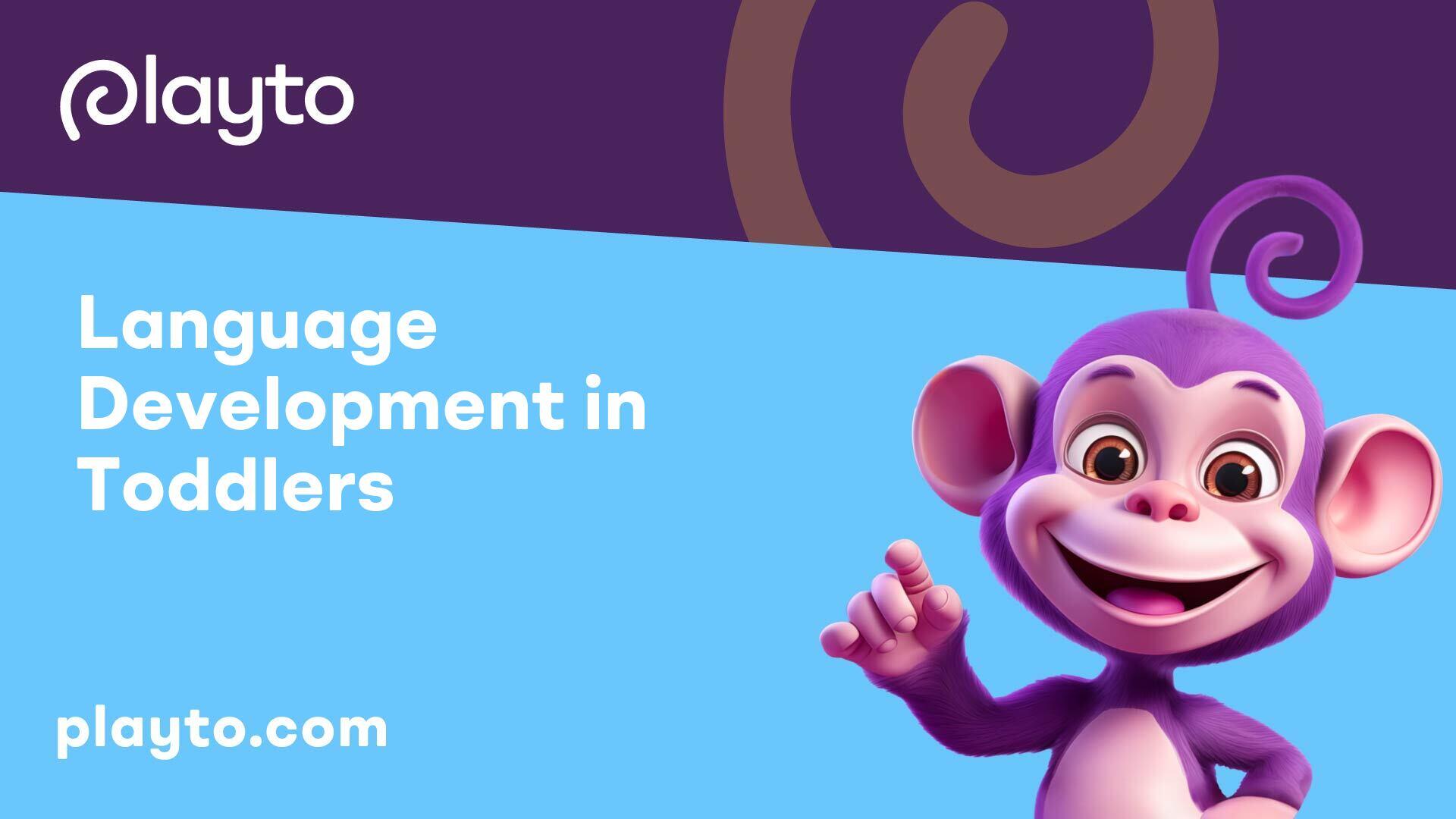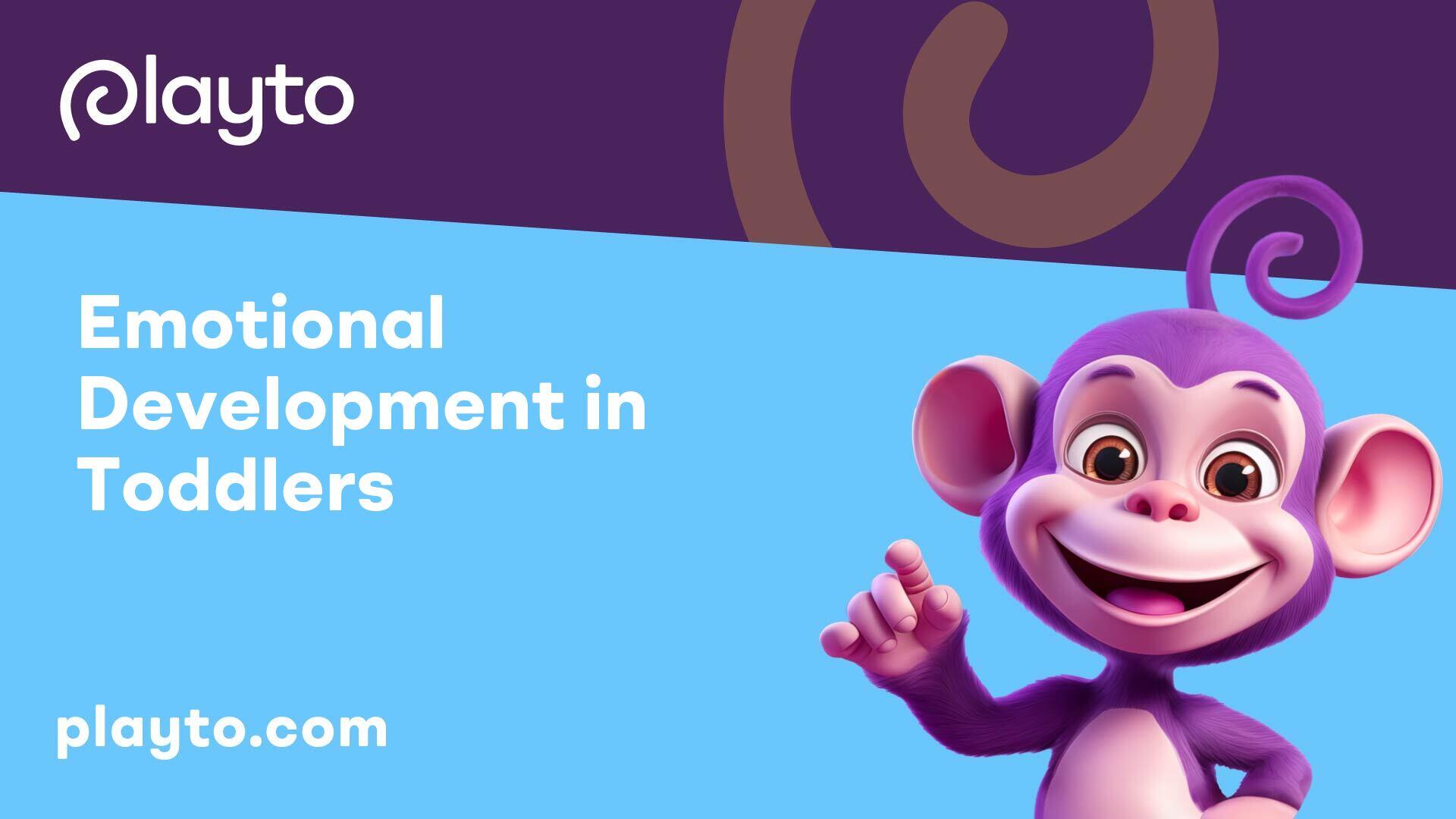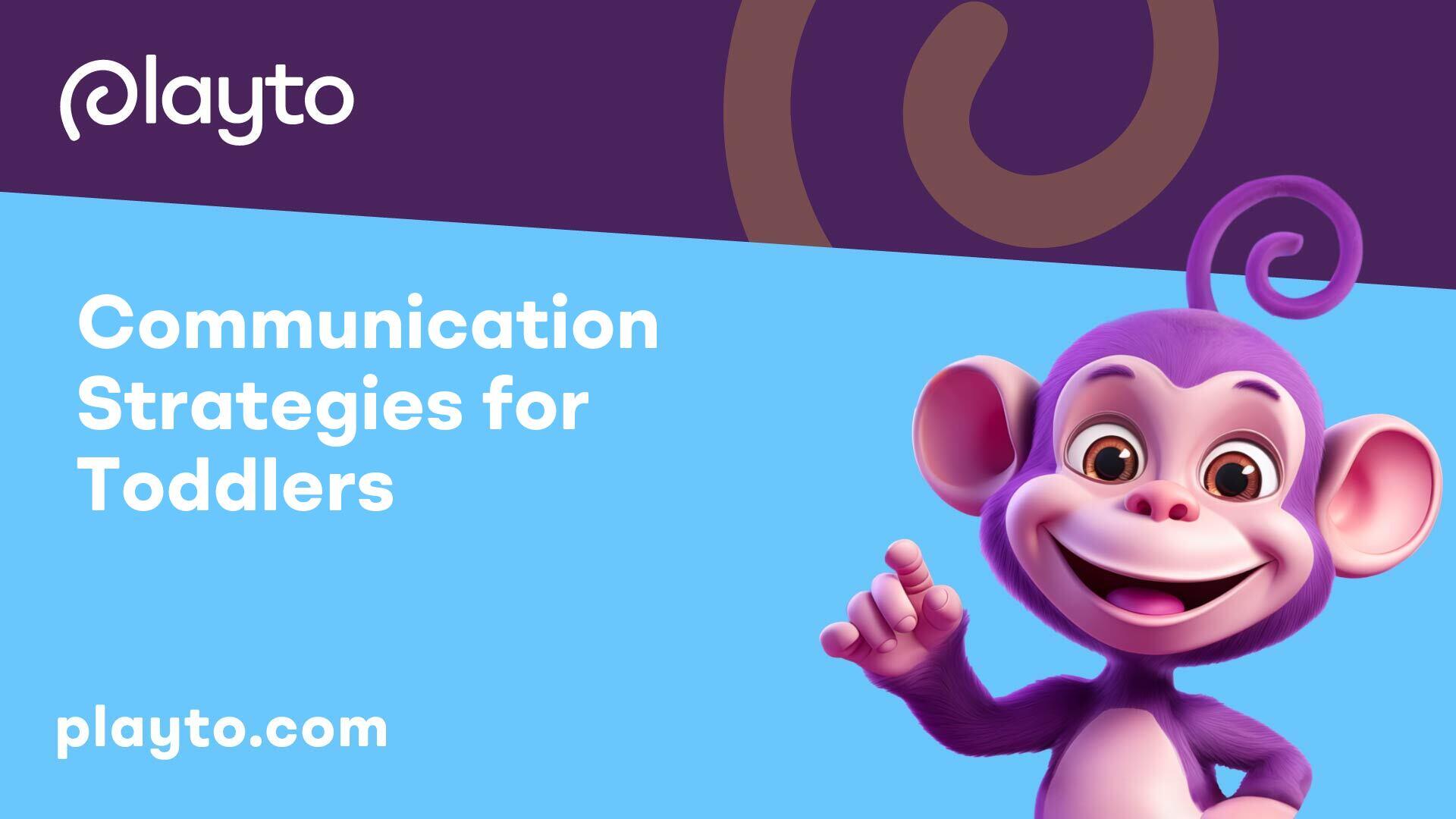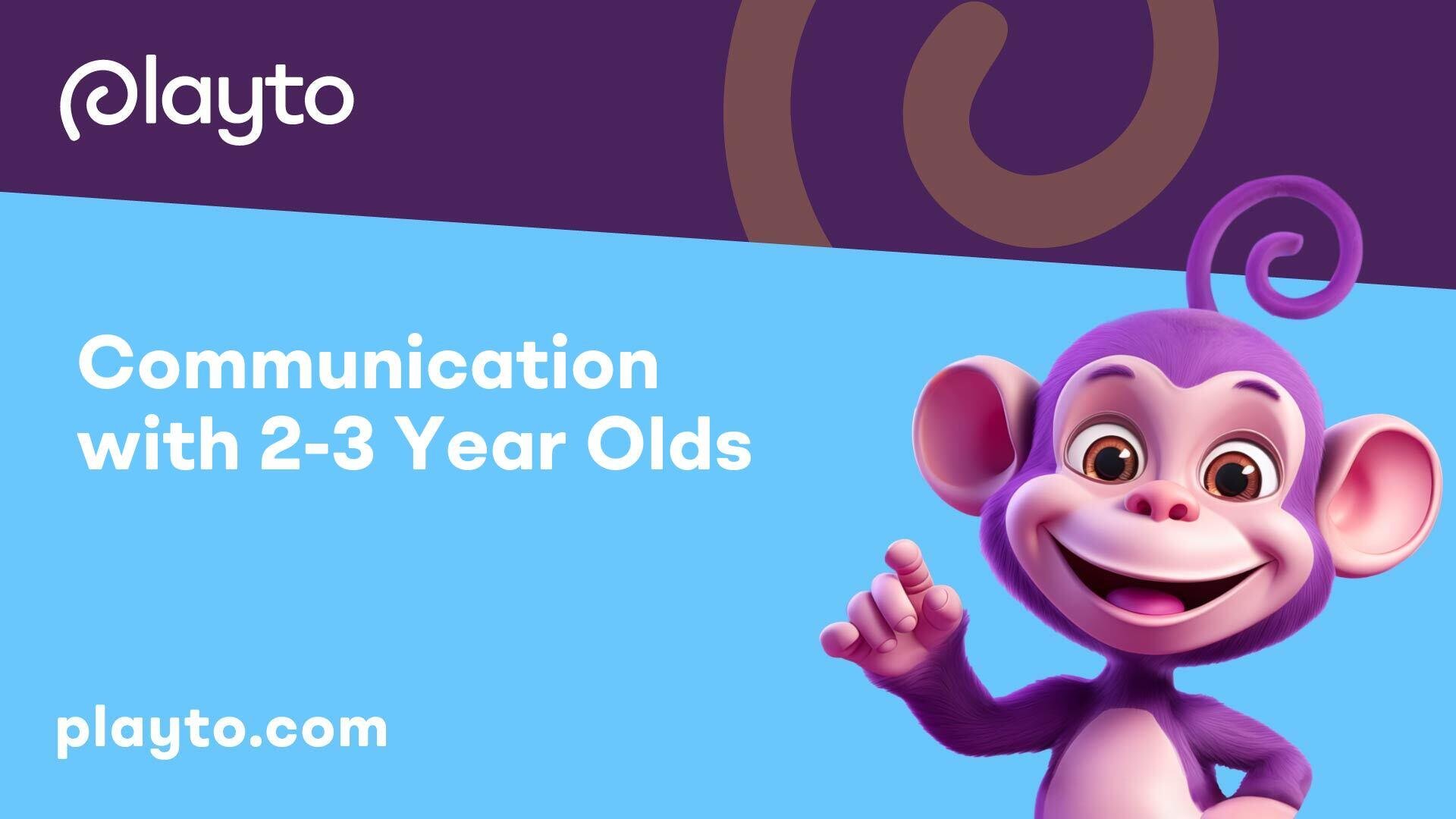
Enhancing Communication Skills
Communication skills play a vital role in a child's development, particularly during the formative years of 2-3. Parents and caregivers hold a significant responsibility in nurturing and fostering these skills through various activities and interactions.
Importance of Communication Activities
Between the ages of 2 and 3, toddlers experience a significant leap in their language skills, making this period crucial for engaging in communication activities. Activities such as reading books, singing, playing word games, and having interactive conversations with toddlers can greatly enhance their vocabulary and listening skills [1]. By engaging in these activities, parents can create a language-rich environment that stimulates the child's language development and enhances their overall communication abilities.
Communication Activity Benefits
- Reading Books: Enhances vocabulary and listening skills.
- Singing Songs: Encourages language development and creativity.
- Playing Word Games: Promotes cognitive skills and builds vocabulary.
- Interactive Conversations: Fosters social skills and expressive language.
Role of Parents in Language Development
Parents play a critical role in the language development of toddlers. It is essential for parents to actively engage with their children through language-building activities. These can include playing games, reading together, playing with toys, and having meaningful conversations. By immersing toddlers in a language-rich environment, parents can effectively support and enhance their children's communication skills.
Additionally, parents should pay attention to the various ways their child communicates, such as crying, pointing, smiling, and eye contact. Acknowledging these forms of expression reinforces the child's understanding that communication is effective, encouraging them to explore new ways of expressing themselves [3].
In cases where parents notice any speech or language concerns in their child, it is recommended to seek evaluation by a speech-language pathologist. These professionals can assess the child's communication abilities and provide tailored recommendations to address any areas of concern. Further evaluations by audiologists or developmental psychologists may also be suggested based on the initial assessment results [4].
By actively engaging in communication activities and providing a supportive environment for language development, parents can play a pivotal role in enhancing their child's communication skills during the critical developmental stage of 2-3 years.

Language Development in Toddlers
Language Milestones at 2-3 Years
Between the ages of 2 and 3, toddlers experience a significant advancement in their language skills. This developmental stage is crucial for communication with 2-3 year olds, and parents play a vital role in fostering this growth. It is a time where engaging in activities such as reading books, singing, playing word games, and having interactive conversations can greatly impact a child's vocabulary and listening skills.
Milestone Description
- Vocabulary Expansion: Toddlers typically acquire around 200 words and start combining two words to form simple sentences.
- Sentence Development: Children begin to construct basic sentences and ask simple questions.
- Understanding Instructions: Toddlers can follow simple instructions and respond appropriately.
- Conversational Turn-Taking: Engaging in back-and-forth conversations with toddlers becomes more interactive.
Encouraging toddlers to engage in language-rich activities can significantly contribute to their language milestones at this age.
Encouraging Communication with Toddlers
It is essential for parents to actively participate in encouraging communication with toddlers to support their language development. Here are some effective strategies to enhance communication skills in toddlers:
- Talking and Listening: Regularly engaging toddlers in conversations and actively listening to their responses helps in vocabulary development.
- Reading Together: Reading books with toddlers not only exposes them to new words but also promotes a love for reading and storytelling.
- Playing Word Games: Incorporating fun word games like rhyming or identifying objects by name can make learning engaging for toddlers.
- Interactive Conversations: Having meaningful dialogues with toddlers, asking open-ended questions, and encouraging them to express their thoughts and feelings can nurture their communication skills.
Parents should create a language-rich environment where toddlers feel encouraged and supported to express themselves. By modeling good communication practices, parents can instill confidence in their child's ability to communicate effectively. For more tips on developmental milestones and language enrichment activities for toddlers, visit Great Speech and NAEYC.

Emotional Development in Toddlers
Understanding and nurturing the emotional development of toddlers is crucial for their overall well-being and growth. During the ages of two to three, children begin to experiment with expressing their emotions in various ways, from constructive activities like drawing and storytelling to less favorable behaviors such as tantrums.
Expressing Emotions Through Communication
At this stage, toddlers are developing their ability to communicate their feelings through language and actions. They may not have the vocabulary to express complex emotions yet, but they are learning to convey their basic needs and emotions. It is essential for caregivers to actively listen and respond to a child's attempts to express themselves, whether through words, gestures, or facial expressions. By acknowledging and validating their feelings, caregivers help toddlers feel understood and supported.
Encouraging toddlers to express their emotions can lead to better emotional regulation and a stronger bond between the child and their caregiver. Providing a safe and accepting environment for children to share their feelings helps them feel more secure and confident in their ability to communicate effectively.
Fostering Healthy Emotional Expression
To foster healthy emotional expression in toddlers, caregivers play a crucial role in modeling positive behaviors and providing guidance. It is important for caregivers to remain calm and patient when children experience strong emotions, as this can help children learn to regulate their own feelings. Additionally, caregivers can help children name and understand their emotions by providing them with language to express what they are feeling.
Caregivers should also offer positive reinforcement for children's efforts to express their emotions in constructive ways. By praising and acknowledging children when they communicate their feelings appropriately, caregivers help reinforce positive behavior and promote emotional growth.
Encouraging toddlers to express their emotions in healthy ways, such as through words, drawings, or physical activities, can contribute to their overall emotional development and well-being. By providing a nurturing and supportive environment, caregivers can help toddlers navigate their emotions and build essential skills for managing their feelings as they grow.
In guiding toddlers through their emotional development, caregivers lay the groundwork for children to understand and regulate their emotions effectively. Through supportive and communicative interactions, toddlers can learn to express themselves confidently and develop valuable emotional skills that will benefit them both now and in the future.

Supporting Speech and Language
For toddlers aged 2-3 years, supporting their speech and language development is vital for their overall communication abilities. There are specific developmental stages to consider and potential concerns to be aware of in order to provide the necessary support.
Vital Developmental Stages
Children between the ages of 2-3 years experience significant growth in their speech and language skills. They transition from single words to short sentences and begin to use more complex vocabulary. Around 12 to 13 months, as children start producing their first words, symbolic play also evolves. Symbolic play, like pretending a banana is a phone, encourages and helps expand children's capacity to represent things mentally and symbolically, which is crucial for language development.
As language abilities improve, toddlers become more adept at expressing their thoughts and emotions through words. Parents play a crucial role in fostering this development by creating opportunities that encourage kids to practice their communication skills, such as arranging toys to promote talking and pausing during activities to encourage participation and language use.
Recognizing Speech and Language Concerns
While most toddlers naturally develop language skills, it's important for parents and caregivers to be attuned to any potential speech and language concerns. Some children may exhibit delays or difficulties in language development, which can impact their communication abilities. When working on language skills with children, it's essential to aim to help them reach the next level of complexity by modeling slightly more advanced sentences based on their current abilities. Communication should be enjoyable and follow the child's interests and communication style.
Parents should keep an eye out for signs of speech and language concerns, such as limited vocabulary, difficulty forming sentences, or struggles with pronunciation. If any concerns arise, early intervention is key to addressing these challenges and supporting the child's language development. Encouraging toddlers to develop language skills can be achieved by making talking fun and helpful. Mimicking the words they say, describing their actions, and providing specific praise when they try to speak can motivate and engage toddlers in language development.
By understanding the vital developmental stages of speech and language and being vigilant about recognizing any concerns, parents and caregivers can create a supportive environment that nurtures the communication abilities of toddlers aged 2-3 years.

Communication Strategies for Toddlers
Enhancing communication skills in toddlers is crucial for their overall development. By incorporating effective strategies and interactive activities, caregivers can actively support and encourage toddlers as they navigate the world of language.
Effective Ways to Encourage Talking
To promote language development in toddlers, caregivers should aim to make communication enjoyable and engaging. One effective strategy is to model slightly more advanced sentences based on the child's current abilities. Encouraging toddlers to talk about topics they are interested in and providing specific praise when they attempt to speak can foster their confidence and motivation to communicate.
It is essential for parents and caregivers to mimic the words toddlers say, describe their actions, and actively participate in conversations with them. By creating a supportive and interactive environment, toddlers feel encouraged to express themselves freely and develop their language skills in a positive and nurturing setting [3].
Interactive Activities for Language Development
Interactive activities play a significant role in facilitating language development in toddlers. Encouraging toddlers to engage in storytelling, singing, and rhyming helps them expand their vocabulary and strengthen their communication skills. These activities not only make learning fun but also provide opportunities for toddlers to practice articulating words and expressing themselves creatively.
Caregivers can also incorporate activities that involve role-playing, such as playing house or pretending to be animals, to encourage toddlers to use language in different contexts. These role-playing scenarios help toddlers associate words with actions and objects, enhancing their cognitive abilities and language comprehension.
By fostering a language-rich environment filled with engaging activities and meaningful interactions, caregivers can support toddlers in their language journey and lay a strong foundation for effective communication skills in the future. Remember, the journey of language development is unique for each child, so embracing their individual progress and celebrating their efforts is key to fostering a love for language and communication.
Building Relationships Through Communication
In the realm of communication with 2-3 year olds, establishing strong relationships through meaningful interactions plays a pivotal role in the emotional development and well-being of toddlers. By engaging in back-and-forth conversations with children, parents can cultivate a sense of love, safety, and security, enhancing the bond between them.
Benefits of Meaningful Interactions
Simple yet meaningful interactions have profound effects on toddlers. These exchanges create a nurturing environment that fosters a sense of trust and connection between parents and children. When toddlers feel heard and valued, it contributes to their emotional growth and overall development [6]. These positive interactions also lay the foundation for effective communication skills and social interactions in the future.
Strengthening Bonds Through Conversations
Communication is not just about words; it is about building relationships. Through conversations, parents can strengthen their bonds with toddlers by actively listening, responding with empathy, and validating their feelings. By encouraging toddlers to express their wants, needs, and emotions using words, parents support their language development and emotional awareness.
By repeating back what a toddler may want or need, linking emotions to words, and acknowledging their attempts to communicate through both verbal and nonverbal cues, parents create a supportive environment for language exploration and emotional regulation. This not only aids in the child's language development but also builds a strong foundation for healthy emotional expression and relationship-building.
Emotional Awareness in Toddlers
As toddlers between the ages of two to three embark on their journey of emotional development, it becomes crucial to nurture their emotional awareness and self-regulation skills. This stage marks a period where children start exploring various ways to express their emotions, ranging from constructive activities like drawing and narrating to less favorable behaviors such as tantrums.
Connecting Words to Emotions
A fundamental aspect of promoting emotional awareness in toddlers is helping them connect words to emotions. By providing children with the language to identify and articulate their feelings, caregivers enable toddlers to develop a better understanding of their emotional experiences. This practice lays the foundation for effective communication and aids in building emotional intelligence from a young age.
Encouraging toddlers to express their emotions through words fosters healthy emotional development and equips them with the tools to navigate their feelings in a constructive manner. This approach not only enhances their communication skills but also promotes self-awareness and empathy.
Developing Self-Regulation Skills
Self-regulation is a critical skill that toddlers begin to cultivate during the early years of emotional development. Understanding and managing one's emotions are essential steps towards self-regulation. Caregivers play a significant role in guiding toddlers through this process by providing them with support and strategies to regulate their emotions effectively.
By connecting emotions with words, toddlers learn to express themselves in a healthy and constructive manner. Caregivers can help toddlers in this process by acknowledging their attempts to communicate, encouraging word associations with emotions, and reinforcing positive expressions of feelings. These efforts contribute to the development of emotional awareness and self-regulation skills in toddlers, empowering them to navigate their emotions and interactions with greater understanding and control.
Promoting emotional awareness and self-regulation in toddlers not only enhances their social and emotional well-being but also lays a solid foundation for their future success in various aspects of life. Encouraging toddlers to recognize, understand, and communicate their emotions is a valuable investment in their overall development and sets the stage for healthy emotional growth and resilience.
Encouraging Language Exploration
Encouraging language exploration in toddlers is crucial for their overall development and communication skills. Through engaging activities like pretend play and reading, children can enhance their language abilities and foster a love for storytelling and learning.
Promoting Pretend Play
Pretend play plays a vital role in language development in toddlers. When children start producing their first words around 12 to 13 months, symbolic play also evolves. Symbolic play, such as pretending a banana is a phone, helps expand children's capacity to represent things mentally and symbolically, which is essential for language development.
Encouraging pretend play in children allows them to express themselves freely, develop language and social skills like empathy, and act out different roles, aiding in their language development [7]. By engaging in pretend scenarios, toddlers learn to communicate, negotiate, and problem-solve, all of which contribute to language acquisition and cognitive development.
Encouraging Reading and Literacy
Reading together with toddlers not only fosters a love for books but also helps develop literacy and language skills. Studies show that lifelong readers started by finding reading a pleasurable experience during childhood. Reading with children communicates love, enjoyment, and the value of their interests and choices [7].
Parents can support language development by making talking fun and helpful. Mimicking the words toddlers say, describing their actions, and providing specific praise when they attempt to speak can motivate and engage them in language development. By incorporating reading into daily routines and encouraging literacy activities, parents can nurture a strong foundation for language skills in their toddlers.
Encouraging language exploration through pretend play and reading not only enhances communication skills but also fosters creativity, imagination, and cognitive development in toddlers. By providing opportunities for children to immerse themselves in language-rich environments, parents and caregivers can support their linguistic development and spark a lifelong love for learning and storytelling in their young ones.
References
[1]: https://kidshealth.org/en/parents/
[2]: https://www.greatspeech.com/2-year-old-speech-milestones/
[3]: https://childmind.org/article/helping-toddlers-expand-their-language-skills/
[4]: https://www.nidcd.nih.gov/health/speech-and-language/
[5]: https://www.rasmussen.edu/degrees/education/blog/stages-of-emotional-development/
[6]: https://raisingchildren.net.au/toddlers/connecting-communicating/communicating/toddlers-talking
[7]: https://www.zerotothree.org/resource/how-to-support-your-childs-communication-skills/
